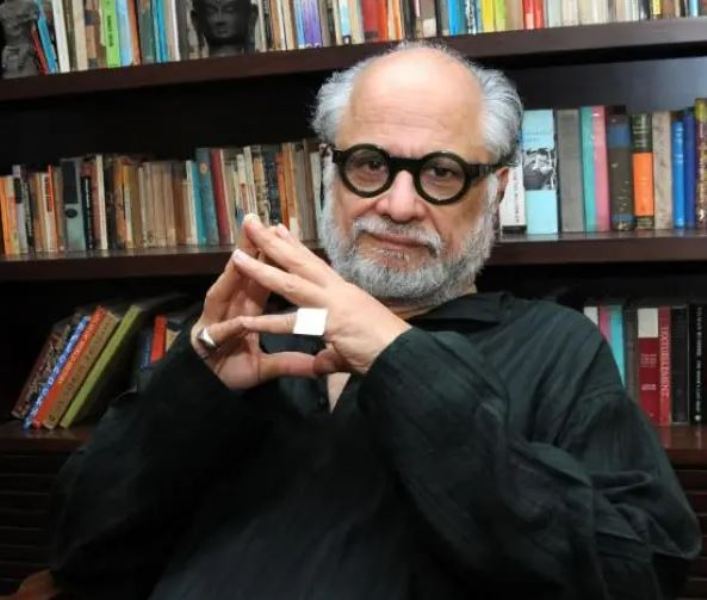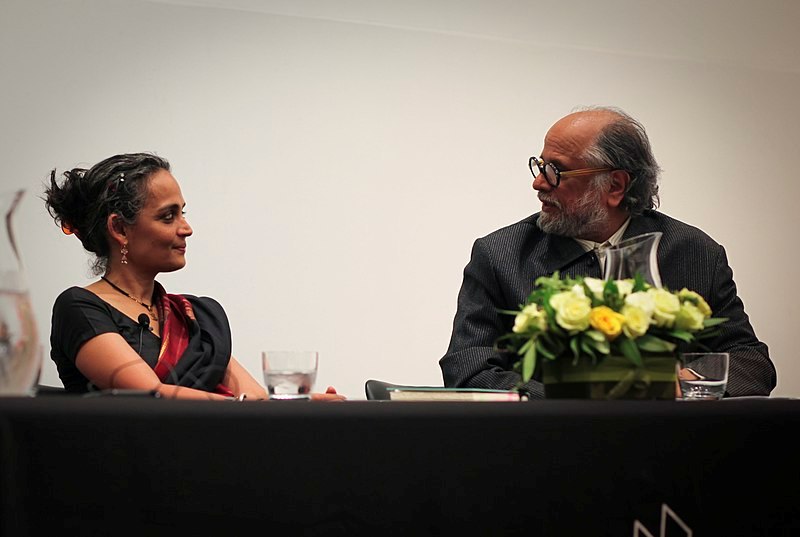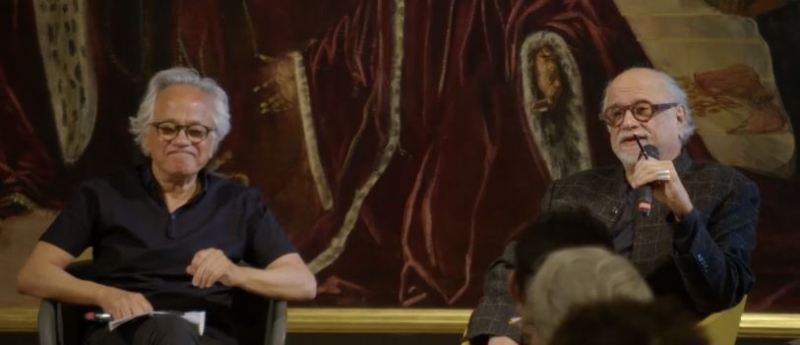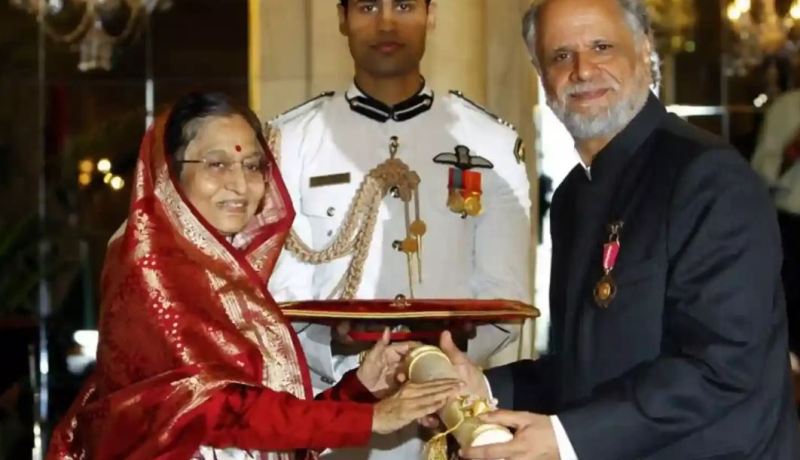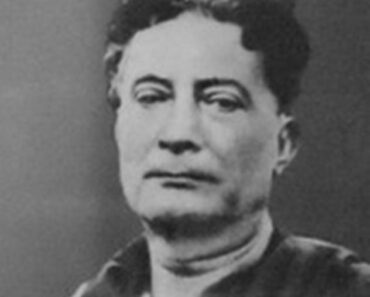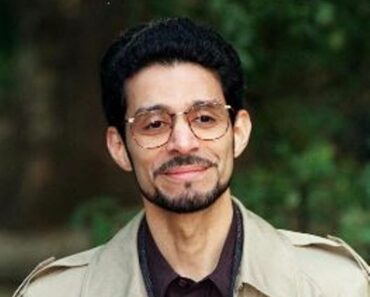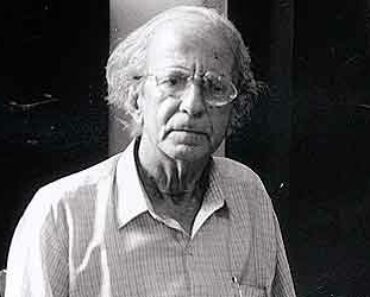Homi K. Bhabha (born 1949) is an Indian-British scholar and a critical theorist. He is one of the most influential figures in contemporary postcolonial studies, who has developed a number of critical concepts, such as hybridity, mimicry, difference, and ambivalence. Some of his works include Nation and Narration (1990), The Location of Culture (1994), Beyond Photography (2011), Our Neighbours, Ourselves (2011), Elusive Objects (2009), On Global Memory (2009), and The Black Savant and the Dark Princess (2006).
Contents
Wiki/Biography
Homi Kharshedji Bhabha was born on Tuesday, 1 November 1949 (age 74 in 2023) in the Province of Bombay (now Mumbai, Maharashtra, India). Homi K. Bhabha graduated with a B.A. degree from Elphinstone College at the University of Mumbai. He obtained a Master of Arts, M.Phil., and D.Phil. degree in English Literature from Christ Church, Oxford University.
Family
Homi K. Bhabha belongs to a Parsi family.
Wife & Children
Homi K. Bhabha is married to Jacqueline Bhabha, an attorney and a lecturer at Harvard. Jacqueline Bhabha is a Jeremiah Smith, Jr. lecturer in law at Harvard Law School and teaches public policy at Harvard Kennedy School. The couple has three children named Leah Bhabha, Ishan Bhabha, and Satya Bhabha, who is a British-American actor.
Career
Professor
Bhabha spent over ten years teaching in the Department of English at the University of Sussex before receiving a senior fellowship at Princeton University. While there, he was also appointed as the Old Dominion Visiting Professor. Bhabha served as the Steinberg Visiting Professor at the University of Pennsylvania, during which he presented the Richard Wright Lecture Series. Additionally, he was a faculty fellow at the School of Criticism and Theory at Dartmouth College. From 1997 to 2001, Bhabha held the position of Chester D. Tripp Professor in Humanities at the University of Chicago. During the academic year 2001-02, he was a distinguished visiting professor at University College, London. Since 2001, he has held the title of the Anne F. Rothenberg Professor of English and American Literature and Language at Harvard University. Additionally, Bhabha is a member of the Editorial Collective for Public Culture, an academic journal published by Duke University Press. For three years, he was a member of the Humanities jury for the Infosys Prize.
Scholar
Postcolonial Studies
Homi K. Bhabha did extensive research on postcolonial studies and is known for postulating many prominent theories and ideas on postcolonial studies including, hybridity, ambivalence, mimicry, cultural differences, enunciation, and stereotype.
Hybridity
A key concept explored by Bhabha is hybridization, which builds upon the work of Edward Said, where Bhabha challenges the notion that colonialism is a relic of the past, demonstrating how its histories and cultures persist in the present, and necessitate a shift in our comprehension of cross-cultural interactions.
Ambivalence
According to the concept of ambivalence, culture is made up of contrasting perceptions and aspects. Bhabha argues that this ambivalence – the division of the colonized other’s identity – creates individuals who are a mix of their own culture and that of the colonizer. Ambivalence is also why colonial power is often described as being delayed. The symbols of authority in colonialism only gain their significance after a traumatic event highlights the cultural or racial differences, causing power to revert to a previous, archaic identity or image.
Cultural differences, enunciation, and stereotype
According to Bhabha, cultural differences should be viewed as an alternative to cultural diversity. The latter approach treats culture as an objective entity that exists independently of the knower, while the former sees culture as a site of encounters between different cultures. This process is discursively constructed rather than pre-given and involves the enunciation of culture as a form of knowledge. Enunciation refers to the act of expressing or articulating culture, which takes place in the Third Space. Because culture is not pre-given, it must be actively expressed.
Mimicry
Mimicry occurs when individuals in a colonized society adopt and incorporate the culture of the colonizers. This allows the colonial subject to having some degree of presence, as if they rely on their representation within the authoritative discourse. The concept of colonial mimicry stems from the colonizers’ aspiration for a reformed, recognizable ‘Other’ as Bhabha writes,
a difference or recalcitrance which coheres the dominant strategic function of colonial power intensifies surveillance, and poses an imminent threat to both ‘normalized’ knowledges and disciplinary powers.”
Third Space
The emergence of the Third Space is inevitable when two or more individuals or cultures interact. Homi K. Bhabha argues that the belief in the inherent uniqueness or authenticity of cultures based on a hierarchy is flawed. The act of speaking suggests that culture is not static and that even familiar symbols can be taken, interpreted, recontextualized, and reexamined. In his definition, he clearly stated:
It challenges our sense of the historical identity of culture as a homogenizing, unifying force, authenticated by the originary past, kept alive in the national tradition of the People.”
Books
- Nation and Narration, Routledge (1990)
- A Good Judge of Character: Men, Metaphors, and the Common Culture in Race-ing Justice, Pantheon Books (1992).
- In a Spirit of Calm Violence, in After Colonialism: Imperial Histories and Postcolonial Displacements, ed. Gyan Prakash, Princeton University Press (1994).
- The Location of Culture, Routledge (1994)
- Negotiating Rapture: The Power of Art to Transform Lives, Museum of Contemporary Art (1996)
- Forward to Modernity, Culture, and The Jew, eds. Laura Marcus and Bryan Cheyette, Wiley (1998)
- Conversational Art in Conversations at the Castle: Changing Audiences and Contemporary Art, The MIT Press (1998)
- Cosmopolitanisms in Cosmopolitanism, Duke University Press (2002)
- On Cultural Choice (2000)
- V.S. Naipaul (2001)
- Democracy De-Realized (2002)
- On Writing Rights (2003)
- Making Difference: The Legacy of the Culture Wars, Artforum (2003 (4)).
- Adagio (2004).
- Still Life (2004).
- Foreword to The Wretched of the Earth by Frantz Fanon, transl. Richard Philcox, (2004).
- Edward Said Continuing the Conversation, University of Chicago Press (2004)
- Framing Fanon 2005)
- Without Boundary: Seventeen Ways of Looking, The Museum of Modern Art (2006)
- The Black Savant and the Dark Princess (2006)
- Our Neighbours, Ourselves (2011)
- Anish Kapoor, Flammarion (2011)
- Midnight to the Boom: Painting in India After Independence, Peabody Essex Museum (2013)
- Matthew Barney: River of Fundament, Okwui Enwezor, Hilton Als, Diedrich Diederichsen, David Walsh, Skira (2014)
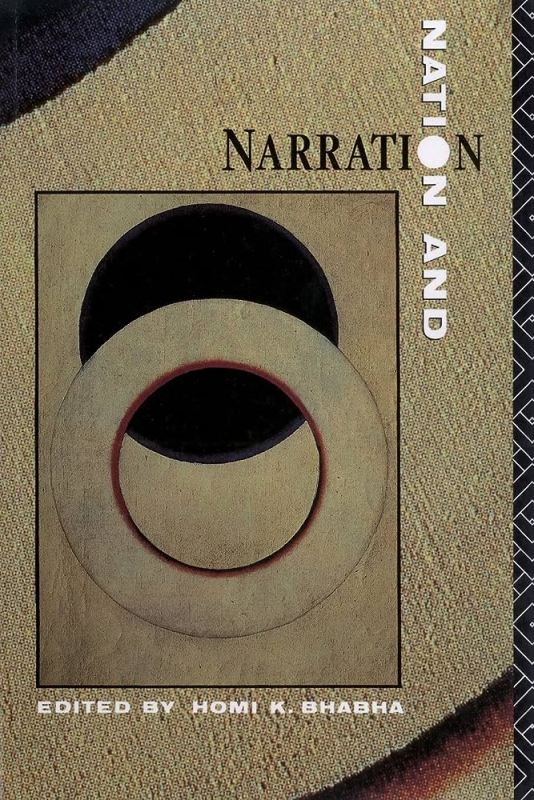
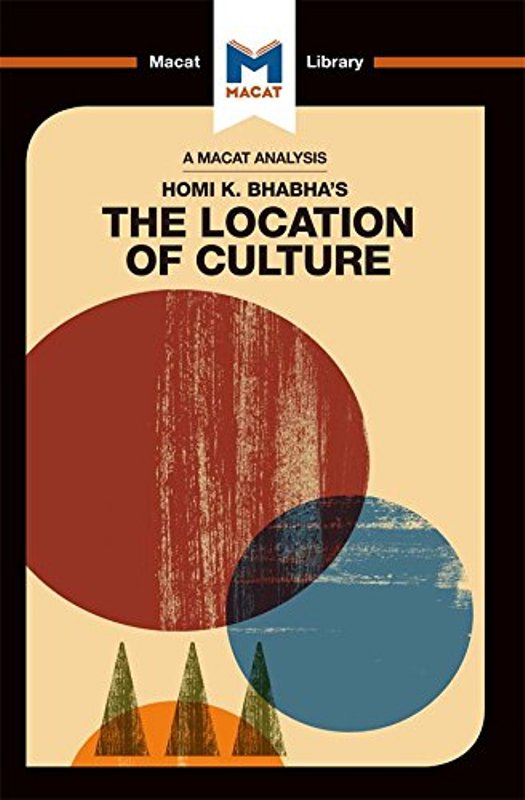
Article
- ‘Apologies for Poetry: A Study in the Method of Mill and Richards’, Journal of the School of Languages, New Delhi (1975)
- Parthasarathy, R. ‘Indo-Anglican attitudes’, The Times Literary Supplement (1978)
- ‘The Other Question….’ Screen (November—December 1983)
- ‘Representation and the colonial text: a critical exploration of some forms of mimeticism’, The Theory of Reading. Ed. Frank Gloversmith. Brighton, Sussex: Harvester Press (1984)
- ‘Remembering Fanon’. Introduction to the English edition of Black Skin, White Masks. London: Pluto Press, (1986)
- ‘What does the Black man want?’ New Formations 1 (1987)
- ‘Remembering Fanon: self, psyche, and the colonial condition’. Remaking History. Eds. Barbara Kruger and Phil Mariani. Seattle: Bay Press (1989)
- ‘Hybridité, identité et culture contemporaine’, Magiciens de la terre. Ed. Jean Hubert Martin. Paris: Editions du Centre Pompidou (1989)
- ‘At the limits’, Artforum 27.9 (1989)
- ‘Imaginings’, New Statesman & Society 2.70 (1989)
- ‘Articulating the archaic: notes on colonial nonsense’, Literary Theory Today. Eds. Peter Collier and Helga Geyer-Ryan. Ithaca, N.Y.: Cornell University Press (1990)
- ‘The other question: difference, discrimination and the discourse of colonialism’, Out there: marginalization and contemporary cultures. Ed. Russell. New York: New Museum of Contemporary Art (1990)
- ‘Interrogating identity: the postcolonial prerogative’, Anatomy of Racism. Ed. David Theo Goldberg. Minneapolis: University of Minnesota Press (1990)
- ‘DissemiNation: time, narrative, and the margins of the modern nation’, Nation and Narration. Ed. Homi K. Bhabha. London; New York: Routledge (1990)
- ‘Novel metropolis’, New Statesman & Society (1990)
- ‘A question of survival: nations and psychic states’, Psychoanalysis and Cultural Theory: Thresholds. Ed. James Donald. New York: St. Martin’s Press (1991)
- ‘Art and National Identity: A Critics’ Symposium’, Art in America (1991)
- ‘Race, time and the revision of modernity’, The Oxford Literary Review (1991)
- ‘Postcolonial criticism’, Redrawing the Boundaries: the transformation of English and American literary studies. Ed. Stephen Greenblatt and Giles B. Gunn. New York: Modern Language Association of America (1992)
- ‘Of mimicry and man: the ambivalence of colonial discourse’, Modern Literary Theory: a reader. Eds. Philip; Waugh, Rice, Patricia. 2nd ed. London; New York: E. Arnold (1992)
- ‘A good judge of character: men, metaphors, and the common culture’, Race-ing Justice, En-gendering Power: Essays on Anita Hill, Clarence Thomas, and the construction of social reality. Ed. Toni Morrison. New York: Pantheon Books (1992)
- ‘Postcolonial authority and postmodern guilt’, Cultural Studies. Ed. Lawrence Grossberg, Cary Nelson, and Paula A. Treichler. New York: Routledge (1992)
- ‘Double visions’, Artforum (1992)
- ‘Freedom’s basis in the indeterminate’, October 61 (1992)
- ‘The world and the home’, Social Text (1992)
- ‘Beyond the pale: art in the age of multicultural translation’, Cultural Diversity in the Arts: art, art policies and the facelift of Europe. Ed. Ria Lavrijsen. Amsterdam: Royal Tropical Institute (1993)
- ‘Culture’s in between’, (1993)
- ‘The commitment to theory’, Questions of Third Cinema. Eds Jim Pines and Paul Willemen. London: BFI Pub. (1994)
- ‘Frontlines/border posts Displacements: cultural identities in question. Ed. Angelika Bammer. Bloomington: Indiana University Press: Indiana University Press, (1994)
- ‘Remembering Fanon: self, psyche and the colonial condition’, Colonial Discourse and Post-colonial Theory: a reader. Eds. R. J. Patrick Williams and Laura Chrisman. New York: Columbia University Press (1994)
- ‘The enchantment of art’, The Artist in Society: rights, roles, and responsibilities. Eds. Kathy Becker, Carol Acker, and Ann Wiens. Chicago: Chicago New Art Association, New Art Examiner Press (1995)
- ‘Are you a man or a mouse?’ Constructing Masculinity. Eds. Maurice Berger, Brian Wallis, Simon Watson, and Carrie Weems. New York: Routledge (1995)
- ‘Homi Bhabha on the New Black Intellectual’, Artforum International (1995)
- ‘Dance this diss around’ (1995)
- ‘[Dialogues with Homi Bhabha, et al.]’, The Fact of Blackness: Frantz Fanon and visual representation. Ed. Alan Read. Seattle: Bay Press (1996)
- ‘Postmodernism/postcolonialism’, Critical terms for art history. Eds. Robert S. Nelson and Richard Shiff. Chicago: University of Chicago Press (1996)
- ‘Unpacking my library … again’, The post-colonial question: common skies, divided horizons. Eds. Iain Chambers and Lidia Curti. London; New York: Routledge (19960
- ‘Day by day . . . with Frantz Fanon’, The Fact of Blackness. Ed. Alan Read. Seattle: Bay Press (1996)
- ‘Laughing stock’ (1996)
- ‘Unsatisfied: notes on vernacular cosmopolitanism’, Text and Nation: Cross-Disciplinary Essays on Cultural and National Identities. Eds. Laura Garcia-Moreno and Peter C. Pfeiffer. Columbia, SC: Camden House, (1996)
- ‘World and the home’, Dangerous liaisons: gender, nation, and postcolonial perspectives. Eds. Anne McClintock, Aamir Mufti, and Ella Shohat. Minneapolis: University of Minnesota Press (1997)
- ‘Postscript: bombs away in front-line suburbia’, Visions of Suburbia. Ed. Roger Silverstone. London; New York: Routledge (1997)
- ‘Designer creations’, Artforum (1997)
- ‘Reviews of Colonialism and its Forms of Knowledge: The British in India; and Subaltern Studies’, vol. 9, Writings on South Asian History and Society, The Times Literary Supplement (1997)
- ‘Halfway house’, Artforum (1997)
- ‘Queen’s English’, Artforum (1997)
- ‘Front lines/border posts’ Critical Inquiry (1997)
- ‘Dance this diss around’, The crisis of criticism. Ed. Maurice Berger. New York: New Press (1998)
- ‘The white stuff’, Artforum (1998)
- On the irremovable strangeness of being different (1998)
- ‘Liberalism’s sacred cow’ Is Multiculturalism Bad for Women? Eds. Susan Moller Okin and Joshua Cohen. Princeton, N.J: Princeton University Press (1999)
- (Interviewer). ‘Alter/Native Modernities – Miniaturizing Modernity: Shahzia Sikander in Conversation with Homi K Bhabha’, Public Culture: Bulletin of the Project for Transnational Cultural Studies (1999)
- ‘Afterword: an ironic act of courage’, Milton and the Imperial Vision. Eds. Rajan Balachandra and Elizabeth Sauer. Pittsburgh, Pa: Duquesne University Press (1999)
- ‘Angst in kultureller Ubersetzung’, Heterotopien der Identitat: Literatur in interamerikanischen Kontaktzonen. Ed. Hermann Herlinghaus; Utz Riese. Heidelberg, Germany: Carl Winter Universitatsverlag (1999)
Awards, Honours, Achievements
- Homi K. Bhabha was awarded the Padma Bhushan award by the Government of India in 2012.
- In 1998, the journal Philosophy and Literature awarded Bhabha second prize in the ‘Bad Writing Competition’, which celebrates bad writing from the most stylistically lamentable passages found in scholarly books and articles.
- In 1994, Homi K. Bhabha was awarded the prize for a sentence in The Location of Culture,
If, for a while, the ruse of desire is calculable for the uses of discipline soon the repetition of guilt, justification, pseudo-scientific theories, superstition, spurious authorities, and classifications can be seen as the desperate effort to “normalize” formally the disturbance of a discourse of splitting that violates the rational, enlightened claims of its enunciatory modality.”
Facts/Trivia
- In February 2022, Bhabha was one of more than thirty Harvard faculty members to sign a letter to the Harvard Crimson defending Professor John Comaroff, who was found to have violated the university’s sexual and professional norms.
- Homi K. Bhabha once said,
A statement on the political responsibility of the critic: the critic must attempt to fully realize, and take responsibility for, the unspoken, unrepresented pasts that haunt the historical present.”
- Homi K. Bhabha follows a non-vegetarian diet and is famous for hosting dinner parties. He prefers to cook meat with bones. He once told one reporter,
It’s the bones that make a dish. I always use the bone, never without.”
- In a tribute to the late Edward Said, Bhabha represents the “conflict” in the 2010 anthology Edward Said: A Legacy of Emancipation and Representation.

